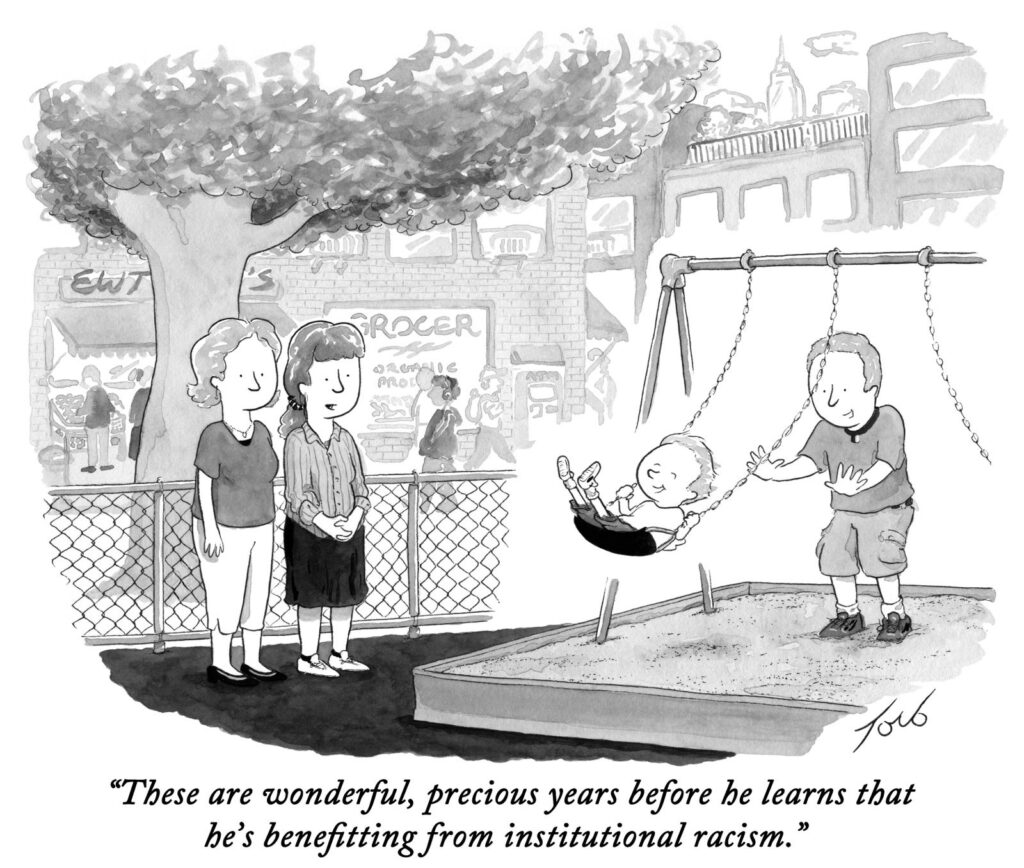I can’t bring myself to say anything nice about Robbie Robertson, who wrote The Night They Drove Old Dixie Down.
1969 marked the rise of a southern inflected Americana in “hip” popular culture—Dylan’s Nashville Skyline was released that same year. On the folk side, it departed from the protest music of the Phil Ochs, the Weavers, the early Dylan. On the blues side, it left behind the intense experimentation that came out of Muddy Waters and led to Hendrix.
The southern-inflected Americana was mellower than those styles, it hit savory notes of homecoming and rightful place,; it wasn’t threatening or jazzy or strident. The 60s were becoming the 70s. Hippiedom had leaked from the college campuses and artists’ ghettos; a lot of regular guys came back from ‘Nam and found they couldn’t fit in either, grew their hair out, and pretty soon you couldn’t really be sure that someone who wore long hair and beads and smoked dope was actually aligned with the values in the Port Huron Statement. Politically, they could be anywhere, and you might be rebelling against anything, or nothing.
And soon after there was country rock and southern rock and Olivia Newton John. And the revolution was postponed; it was over really, and Nixon’s men would soon be Ford’s, and then Reagan’s, and (some of them) eventually Trump’s men.
If I was charitable (or as charitable as I ever get) I could dismiss Robertson as just an ignorant Canadian, a commercial opportunist cashing in on a reactionary trend, like so many smart and ambitious people do when a nation drifts toward fascism.
Except I can’t be charitable, here, I have to be pissy and damning, because there are, out there, white folks whose need for feelings of comfort and reassurance outweigh any moral sensibility, and who will, as a result, make excuses for that song, or even for (God help us) Sweet Home Alabama, which sound the same notes as the lame excuses you’ll hear many white people make for Trump supporters (because they’re low-information or tied to the land and have economic anxiety, or something).
Those excuses reveal what “The Night They Drove Old Dixie Down” reveals, which is not only latent longing for a more potent and virile white supremacy, but something deeper in the souls of white folk: A craving for a fake version of authenticity that can paper over the deep-down inauthenticity that defines them.
You see, the Canadian Robertson’s latching on to Americana was a cynical cashing in, but it was much more than that, it was an ingestion and spewing out of the endless lie that is the American South itself, the lie that imbues every twangy syllable, every fatty overly salted meal, every exhausted acre of farmland. Just this week, it had to be said that no, there is no redeeming quality to the history of slavery. None. And there is no genuine authenticity to be had in any of its trappings.
No matter how you try to twist it.
There is great power in throwing it all away, in finally dismissing that fake Southern white bid for authenticity, in dismissing all of it, for what it was and is. And that power is to be allowed to seek something new, a new grit and authenticity in the American soul, one that recognizes the Southern white lie, calls it out, stamps on it, and then looks forward to something better.
(Crossposted to DailyKos, where it generated some interesting discussion.)

